In this episode of We’re Not Stumped, host Mike Bolland sits down with Christopher Rodriguez, CEO of Ability360, to discuss the organization’s powerful role in promoting independence for individuals with disabilities. Learn about the wide range of programs and resources Ability360 offers, from adaptive sports to advocacy, and how they are transforming lives by empowering people to live fully and independently. Tune in for an inspiring conversation about inclusion, accessibility, and the future of disability support.
Website: https://ability360.org/
Ability360 is a 501 (c)(3) non-profit corporation. Through its comprehensive programs, Ability360 touches the lives of individuals with disabilities and addresses the disability concerns of their family members, co-workers and employers.
Ability360 began in 1977 as the Arizona Congress for Action (ACA), a group of people with diverse physical disabilities who launched a grassroots effort to educate the community about disability-related issues in Central Arizona. In 1978, Congress enacted Independent Living Center legislation as part of the amended Rehabilitation Act of 1973. In 1981, Ability360 received funding and began services.
With more than 130 staff members and volunteers, more than 1,500 personal care attendants and hundreds of volunteers, Ability360 has offices in Phoenix, Gilbert/Mesa, Glendale, Tucson, along with Coolidge, and provides services throughout Maricopa, Pima, Pinal, and Gila Counties. Ability360 programs are made possible through grants, fee-for-service contracts, and individual and corporate contributions.
#disabilityawareness #disabledcommunity #disabledandproud #limbloss #disabilityadvocate #disability
Listen on Apple Podcasts
Watch on YouTube
Listen on Spotify
When Drew Ann Long, a stay-at-home mom from Birmingham, Alabama, discovered there were no shopping carts designed for her daughter Caroline — who has Rett syndrome and cannot walk or talk — she decided to create one herself. In this inspiring episode of We’re Not Stumped, host Mike Bolland sits down with Drew Ann to discuss her journey from frustrated mom to inventor of Caroline’s Cart, an adaptive shopping cart now featured in over 15,000 stores across eight countries, including Walmart, Target, Kroger, and Lowe’s. Drew Ann opens up about overcoming rejection, financial struggles, and even a hacked social media page — all while pursuing her mission to bring dignity and inclusion to families with disabilities.
In this powerful episode of We’re Not Stumped, host Mike Bolland sits down with Josh Green, an above-knee amputee, patient advocate, and founder of the Northeast Ohio Amputee Support Group. Josh lost his leg at just 4 years old and has since turned his life experiences into a mission to uplift and educate others in the limb loss community. Josh opens up about growing up with a prosthetic, how his parents’ positive outlook helped him build confidence, and how sports played a major role in his development. Later in life, he faced new challenges but found strength by connecting with other amputees and realizing the power of community. From overcoming early challenges to empowering others through advocacy and education, Josh Green’s story is one of resilience, leadership, and unwavering positivity.
In this episode of We’re Not Stumped, host Mike Bolland — born without his right hand — shares a powerful message about why he feels dressing well matters for the limb loss and disability community. This isn’t about vanity — it’s about confidence, self-respect, and advocacy. Mike explains how personal style can change the way we feel about ourselves and the way others see us. From challenging stereotypes to promoting positive representation, dressing with pride is one way to say: “I belong here — just as I am.” 🎙️ In this episode, Mike discusses: Why appearance and self-expression are empowering after limb loss or disability How dressing well helps break stereotypes and reshape public perception The connection between confidence, mental health, and advocacy How showing up with pride inspires others in the community 👕 Dressing well isn’t about perfection — it’s about showing pride in who you are. Because when we show up confidently, we make it easier for others to do the same.

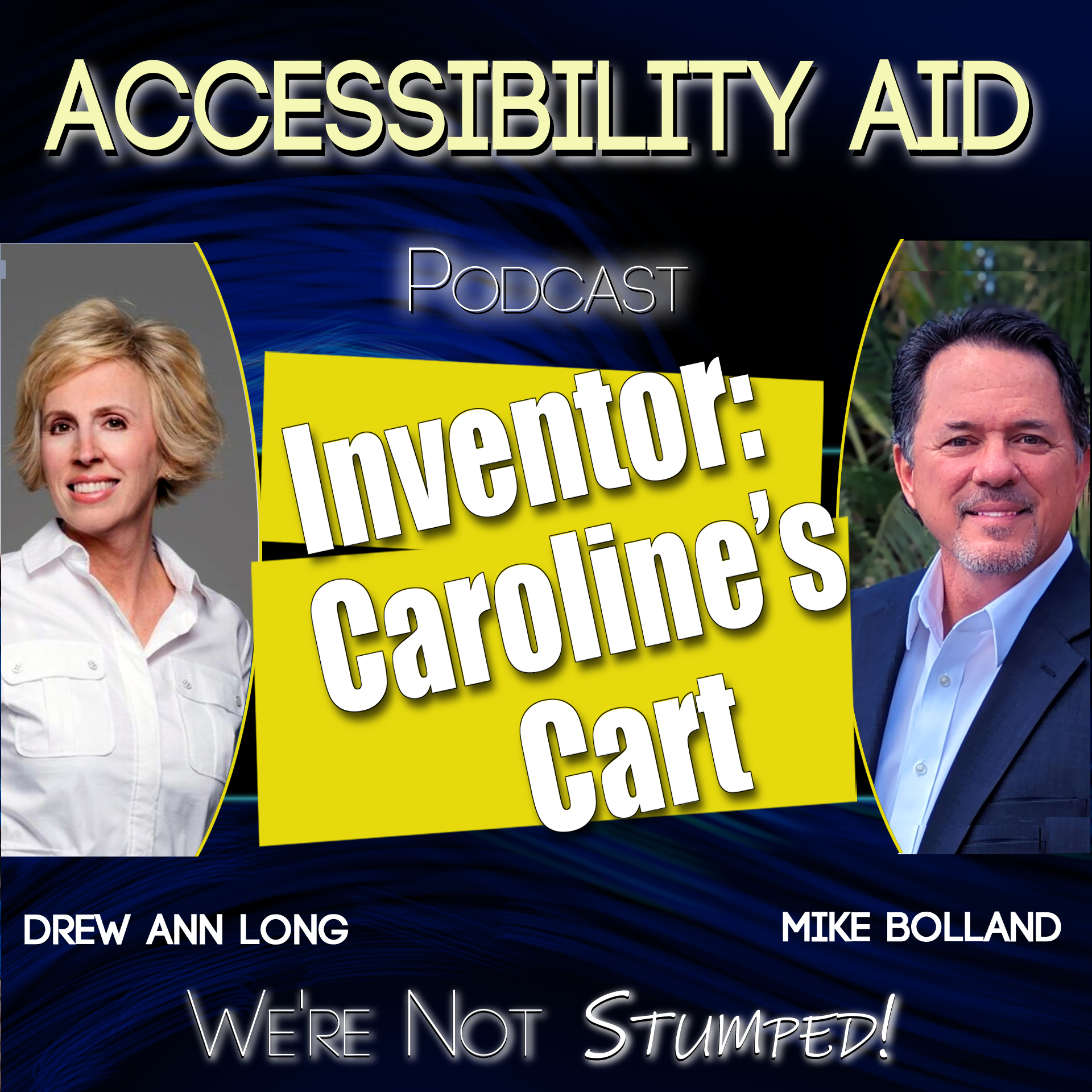
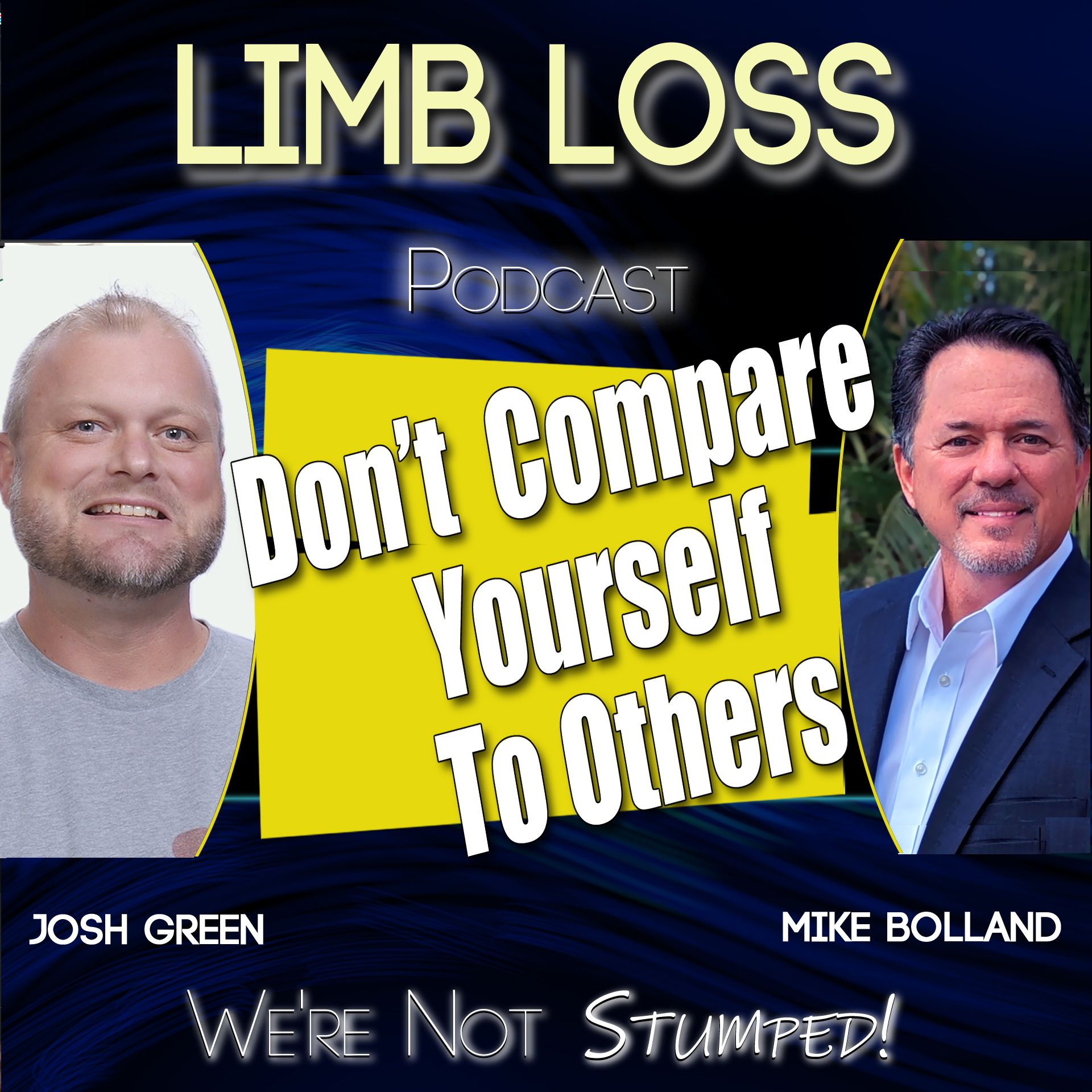

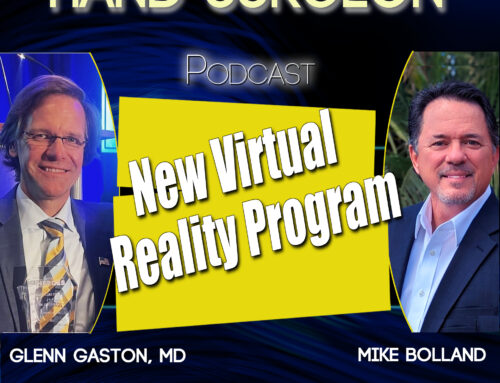
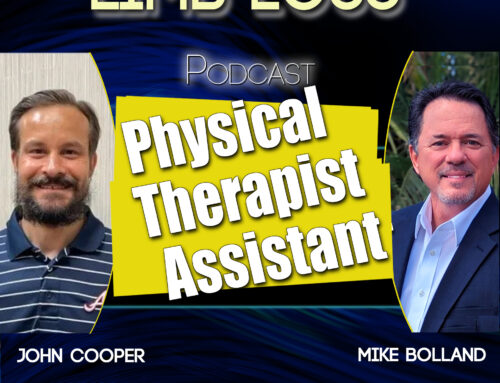
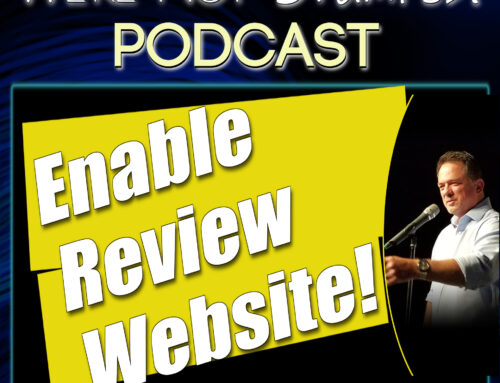
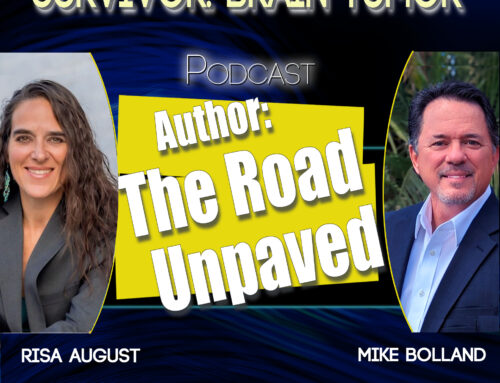
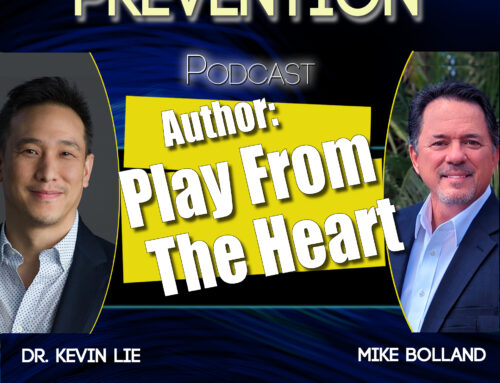
Leave A Comment